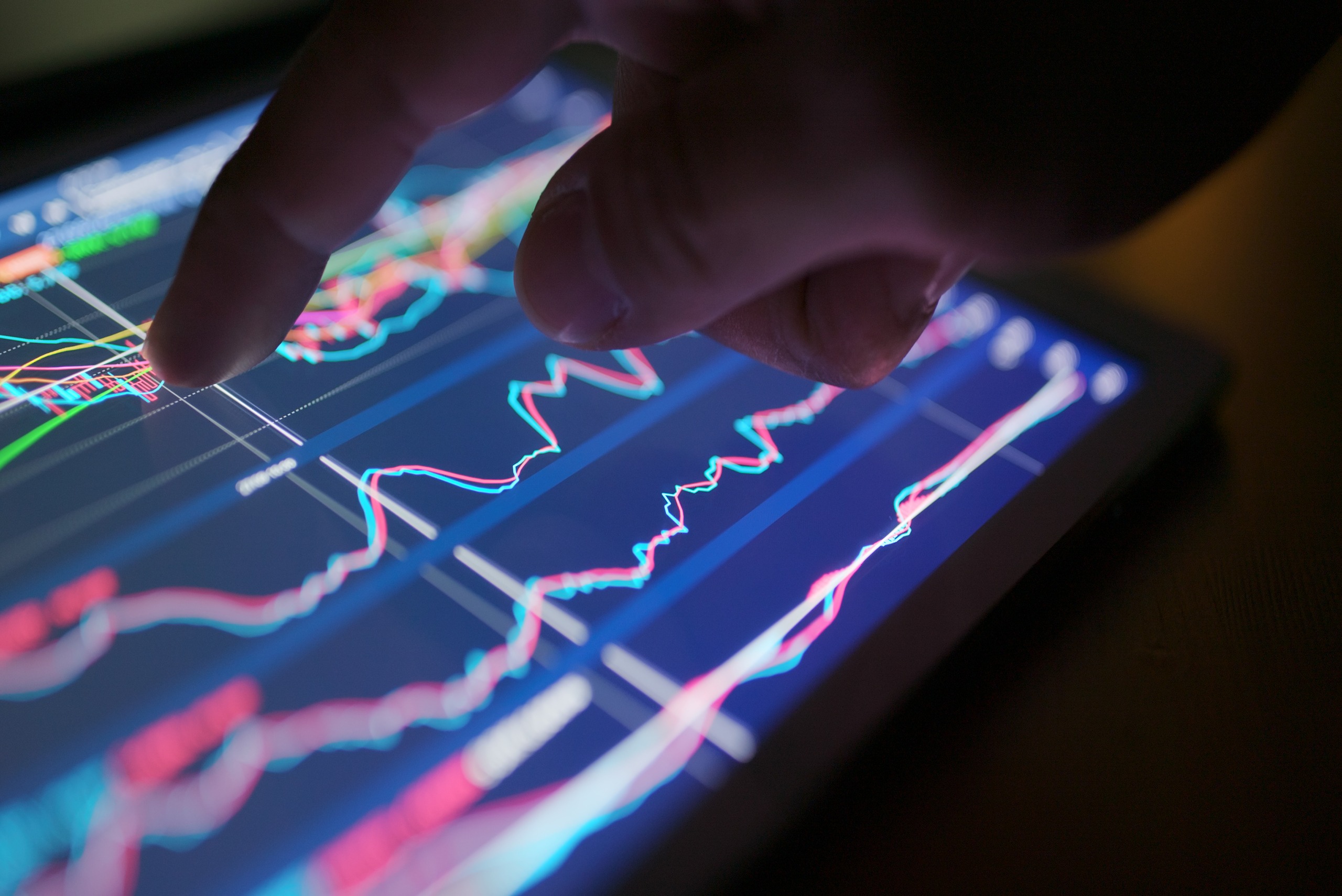Digital transformation has been a period of many changes for industries with the rise of many innovative technologies that are daily implemented within production processes and operations. However, it is from a knowledge area called Big Data that these technologies have their potential highlighted
The use of Big Data aligned with technologies such as IoT (Internet of Things), Digital Twin, and Artificial Intelligence, has provided the generation of valuable knowledge through the efficient interpretation of huge amounts of data.
It is through Big Data techniques that industries can use all available data to identify possible bottlenecks, improvements in their processes, failures, and integrate knowledge between different areas.
The combination between Big Data and Digital Twin
Much has been said about contextualizing data within an industrial process. As we know, data alone does not generate the knowledge needed for decision-making. A contextualization work is necessary so that the countless data can become knowledge of high value.
For this, some tools are used today, including Digital Twin, Artificial Intelligence, and Big Data.
Digital Twin is responsible for the continuous flow of information between real assets and virtual assets. Although the concept is widely known, a digital Twin does not refer to just a 3D model, but to an entire contextualization flow made through layers of technologies.
Digital Twin is one of Big Data’s great allies, and it is from its technology stacks that Big Data techniques are capable of generating the contextualization of data in the midst of industrial processes.

In addition, industries are known for having in their operations dozens of different systems. The digital twin, in addition to generating the operational awareness necessary for a good operation, is also responsible for centralizing this information, generating time savings and gains in productivity.
According to data from Statista, the number of data generated by the year 2025 is estimated at approximately 181 zettabytes. Digital transformation has accelerated this process, making evident the importance of applying Big Data in industrial processes.
The same report points out that the estimated profit generated by Big Data in 2025 is expected to be in the range of 65 billion dollars, with 16 billion dollars referring to software applications with the ability to retain and process large amounts of data.
Also, the digital twin is considered by Gartner as one of the top technological trends in digital transformation and evaluated by markets and markets at a market value of 48.2 billion dollars by 2026.
Thus, we can understand that the application of Digital Twins aligned to Big Data is an opportunity with great beneficial potential for industries in the digital transformation process



